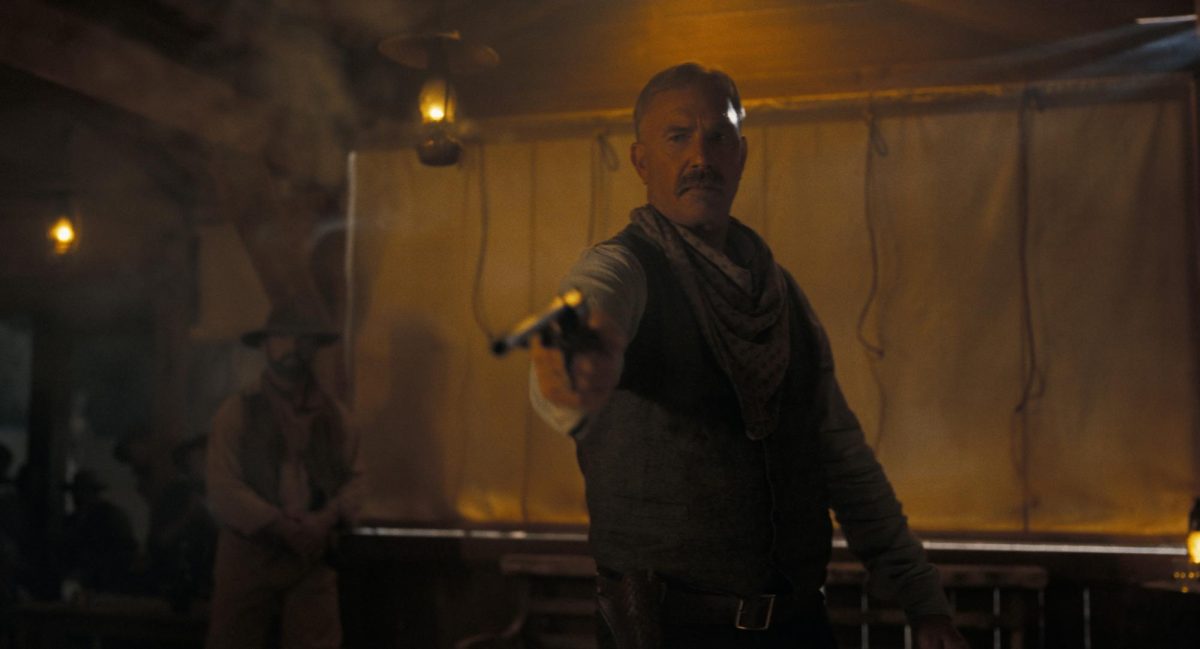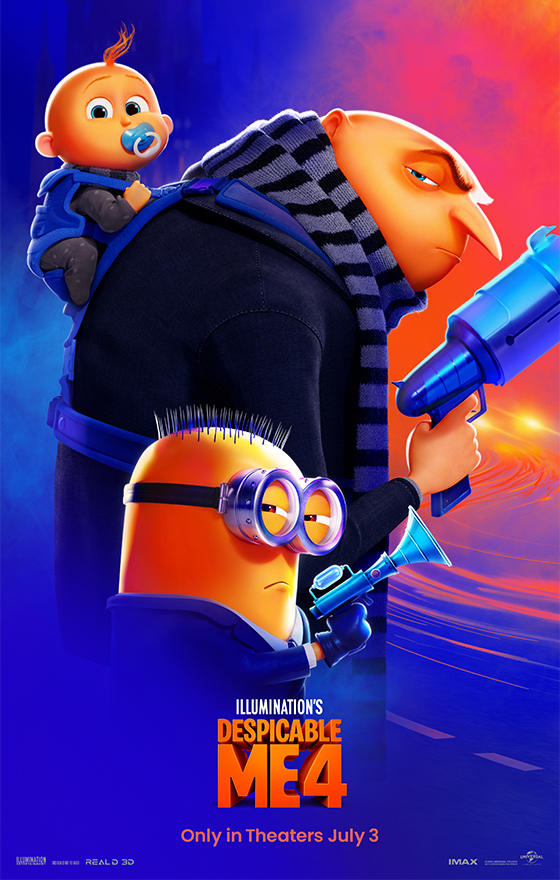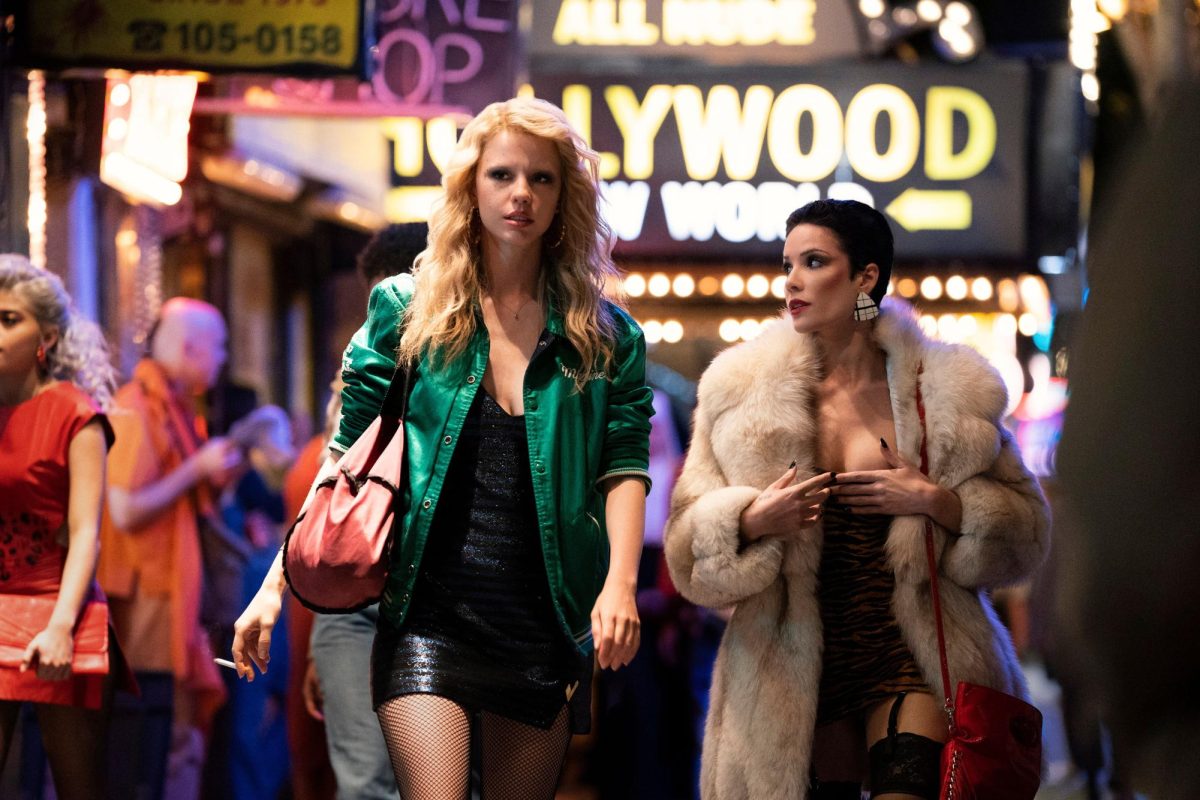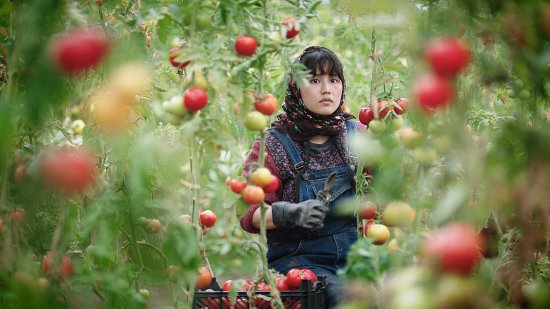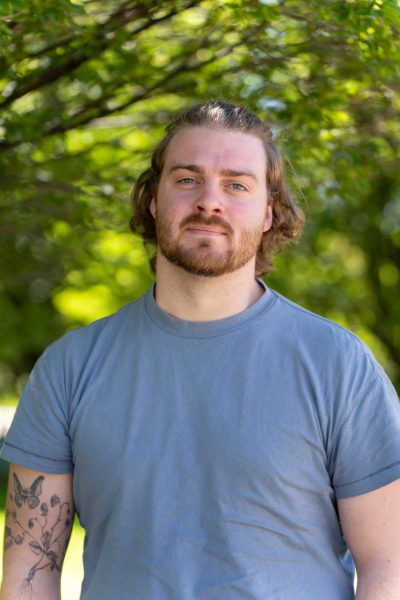Iranian writing and directing duo Raha Amirfazli and Alireza Ghasemi make both their Sundance and feature film debut with “In the Land of Brothers.” The film shows three vignettes, taking place in 2001, 2011 and 2021. All focus on an extended family of Afghani refugees living in Iran and the struggles they face as they simply try to exist.
An Impressive Debut
The movie is masterfully directed and shot beautifully by cinematographer Farshad Mohammadi. We close intimately in on the characters of Mohammed (Mohammad Hosseini), Leila (Hamideh Jafari) and Qasem (Bashir Nikzad). Yet, as we examine their struggle, we are constantly and deeply aware of the fact that these stories represent the lived experience of thousands upon thousands of refugees.
“In the Land of Brothers” opens with Mohammed’s story. Mohammed, a bright, handsome and well-liked first-year high school student is unjustly targeted by Iranian police and forced to work hard labor at the police station. We follow Mohammed as he is sexually targeted, gaslit and assaulted by one of the guards. Painfully we watch as Mohammed, a boy just trying to blend in, has his life slowly unraveled by those he hoped would protect him.
Ten years later, Leila’s story follows her struggling to hide her husband’s tragic death from her employers to avoid deportation. Another ten years after that, Qasem receives news that his son, who he thought was abroad in Turkey, actually joined the Iranian army and was martyred — killed for the country that wouldn’t claim him.
The Feeling of Being ‘Othered’
All three stories are depicted simply, slowly and gorgeously. We feel the otherness forced onto these characters by their unfair circumstances. In an interview with the Sundance Institute, Amirfazli and Ghasemi stated “[the movie] is about the feeling of being ‘the other’ in a place you thought you belonged. We want the audience to rethink the false constructs of boundaries around the globe and to imagine a world without them.”
“In the Land of Brothers,” even in its title, succeeds in this mission. Devastatingly, we see that this family is not treated as brothers by their nation. The film brilliantly contrasts the absolute wreckage of this family with backdrops of various celebrations and lighthearted moments being celebrated by Iranian locals. We see how life mercilessly continues, leaving those who desperately want to be on board behind to fend for themselves.
“We want audiences to feel empathy for our characters and to extend that empathy toward all people,” the directors said. “To see how the despair of a predetermined fate can be fatal, and to rally against the existing complexities for refugees felt universally around the world.”
Intimate, Yet Universal
Remarkably, “In the Land of Brothers” feels simultaneously like an intimate character study and a universal allegory. Individual humanity is broadcast stunningly onto the masses through the careful writing and direction of Amirfazli and Ghasemi.
“In the Land of Brothers” gently tugs at our heartstrings and encourages us to take a look at our privilege. With a light but powerful hand, it guides us to feel empathy for those that we have othered, whether intentionally or not. It calls to action all who see it without feeling preachy or coercive.
While the movie has not yet received distribution in the United States, it is one to look out for.








